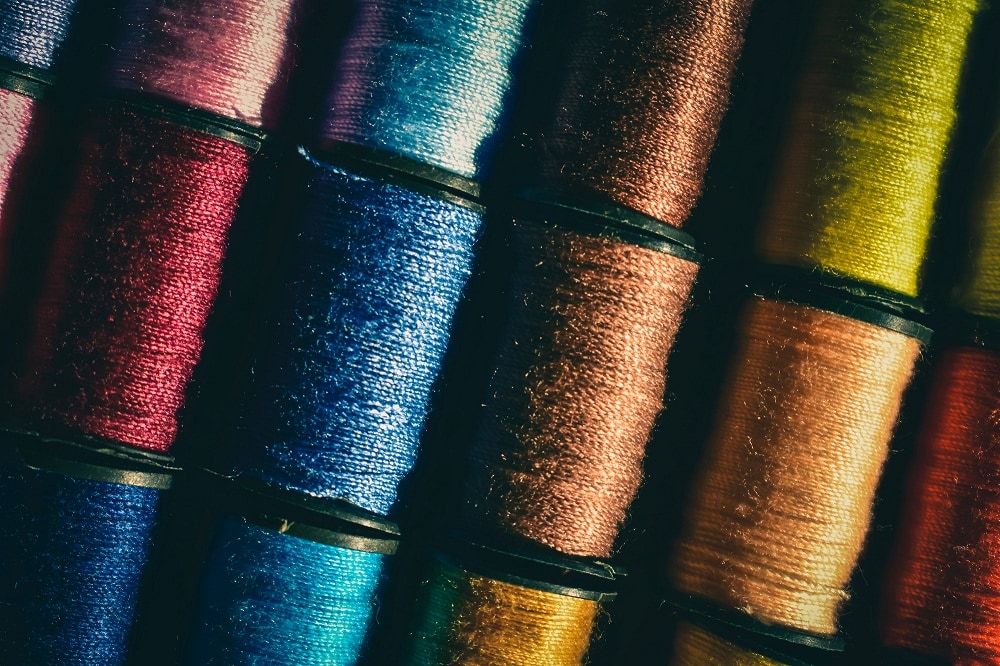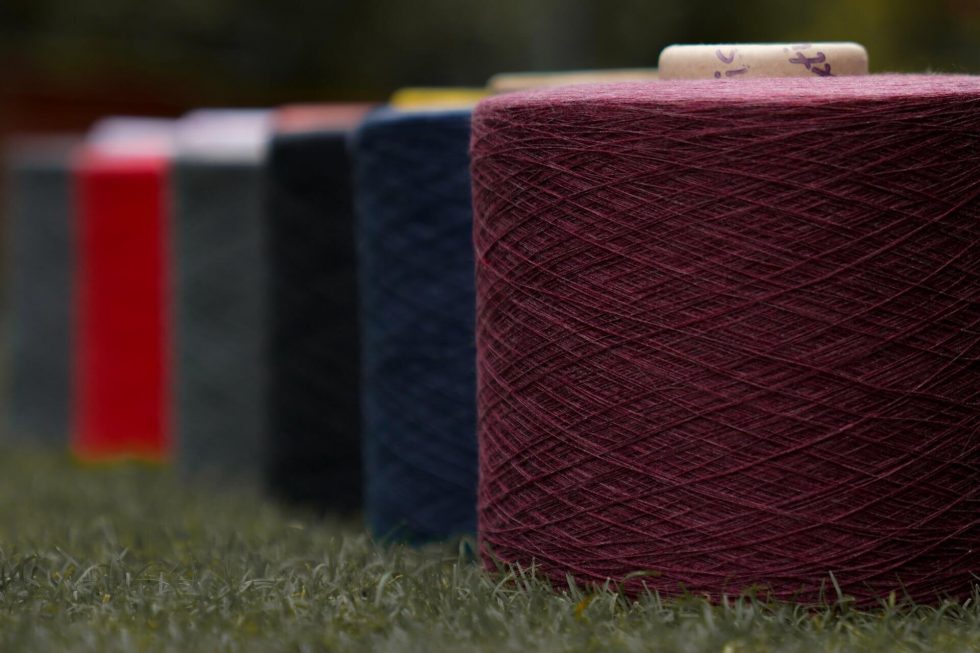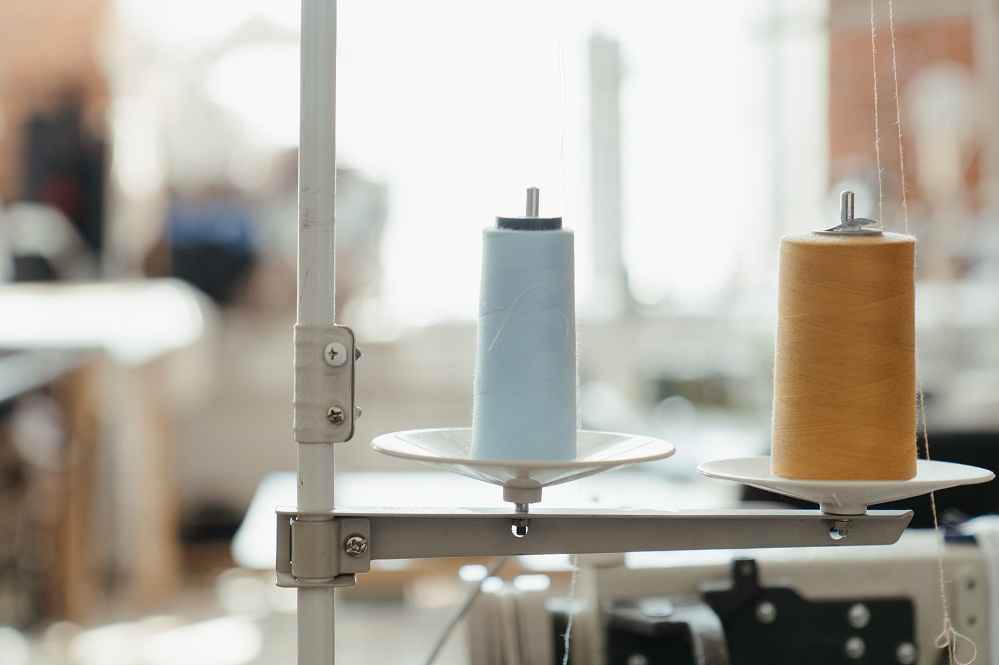
As global demand for ethical and eco-friendly products grows, textile businesses are under increasing pressure to adopt sustainable sourcing practices. Choosing truly sustainable yarns is no longer a trend it’s a business necessity. However, with green washing and vague marketing claims are also on the rise. Hence, identifying genuinely sustainable yarns in the market can be challenging.
At Oasis Textiles, a 100% recycled yarn manufacturer, we understand these challenges and we offer real solutions. For textile manufacturers, fashion brands, and home furnishing companies seeking responsible sourcing partners, here’s what to look for when evaluating sustainable yarns.
Verify Industry Certifications
The first indicator of a sustainable yarn is third-party certification. Recognized standards not only confirm environmental compliance but also assure ethical labor practices across the supply chain. Look for certifications such as:
- GRS (Global Recycled Standard): Confirms the use of recycled content and validates responsible processing and traceability.
- OEKO-TEX® Standard: Indicates the yarn is free from harmful chemicals and safe for human contact.
Working with yarn suppliers who provide clear, documented certifications reduces risk and strengthens your ESG commitments.
Evaluate Raw Material Transparency
A truly sustainable yarn starts with responsibly sourced raw materials. Prioritize suppliers who clearly define the origin and content of their yarns, such as, Recycled PET or recycled cotton – supporting circular economy practices. You supplier should not trap you into ambiguous terms like “eco-blend” or “green yarn” unless they provide a detailed composition and sourcing breakdown.
Dry Manufacturing Process: No Water-Intensive Wet Processing
Unlike traditional yarn producers, a reliable manufacturer uses zero wet processing in production. This eliminates water pollution and reduces water consumption significantly.
- At oasis textiles, our only water usage is for moisturizing fibers during processing to improve spinning efficiency.
- We employ energy-efficient machinery and closed-loop systems wherever feasible to minimize emissions and operational impact.
Assess the Manufacturing Process
Sustainability goes beyond raw materials. The production phase has a significant environmental footprint. B2B buyers should inquire about:
- Low-impact dyeing techniques
- Energy-efficient spinning and processing
- Closed-loop water systems and chemical management protocols
- Waste reduction initiatives
Yarn manufacturers who invest in cleaner processes not only reduce environmental impact but also align with regulatory trends and retailer expectations.
Demand Full Supply Chain Transparency
For textile businesses focused on traceability, it’s essential to work with yarn suppliers who offer end-to-end visibility. A transparent supply chain builds trust and ensures:
- Consistent quality standards
- Compliance with environmental and labor regulations
- Improved reporting for sustainability audits and certifications
Ask suppliers to share documentation on fiber origin, processing locations, and sustainability checkpoints throughout the production cycle.
Ask Strategic Questions
When vetting a sustainable yarn supplier, go beyond the marketing pitch. The questions you should be asking:
- What percentage of your yarn production is certified sustainable?
- Can you provide lifecycle data or environmental impact metrics?
- What sustainability goals or roadmaps does your company follow?
- How do you handle leftover waste or offcuts during production?
A responsible supplier will be prepared to answer these questions with clarity and supporting data.
Avoid Greenwashing Pitfalls
Not all “sustainable” claims are backed by action. Watch out for:
- Overly broad claims without evidence
- No third-party validation or supply chain data
- Marketing-heavy language with little technical backing
Partnering with an experienced and certified yarn manufacturer helps avoid reputational and compliance risks down the line.
Final Thoughts
For textile businesses, sourcing sustainable yarns is about more than meeting market demand. It is about building responsible, future-ready supply chains. By focusing on certifications, transparency, and verified sustainability practices, companies can confidently choose partners that align with their environmental and ethical values.
At Oasis Textiles, we understand the complexities of sustainable sourcing and are committed to offering traceable, certified yarns that meet the evolving needs of our B2B clients.
Looking for Recycled & Premium Quality manufacturers for your sustainable fashion project? Reach out to Oasis Textiles. You can also follow us on Facebook.



